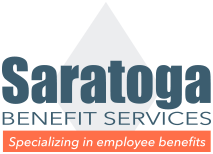The Affordable Care Act’s small business health care tax credit is designed to encourage small businesses and tax-exempt employers to offer health insurance coverage to their employees. In general, an employer may be eligible for the credit for tax year 2015 if it:
- Had fewer than 25 full-time equivalent employees;
- Paid an average wage of less than $51,600/year;
- Paid at least half of employee health insurance premiums; and
- Paid premiums on behalf of employees enrolled in a qualified health plan (QHP) offered through the Small Business Health Options Program (SHOP) Marketplace.
Key Facts
The IRS is providing employers with the following basic facts to help them understand the credit and how it may affect their small business or tax-exempt organization:
- Beginning in 2014, the maximum credit is 50% of employer-paid premiums and 35% of premiums paid by tax-exempt organizations.
- Small employers may claim the credit for only two consecutive taxable years beginning in tax year 2014 and beyond.
- For 2015, the credit is phased out beginning when average wages equal $25,800 and is fully phased out when average wages exceed $51,600. The average wage phase- out is adjusted annually for inflation.
- Transition relief from the eligibility requirement to purchase a QHP from the SHOP Marketplace is available to certain small employers (i.e., those that could not offer health insurance through a SHOP for the 2014 calendar year).
- Eligible small employers (other than those that are tax-exempt) will claim the credit on their annual income tax returns, with an attached Form 8941, Credit for Small Employer Health Insurance Premiums, showing the calculation of the credit.
More information on this subject or any other Benefits, HR, or Reform related matter can be found in the HR Library.






